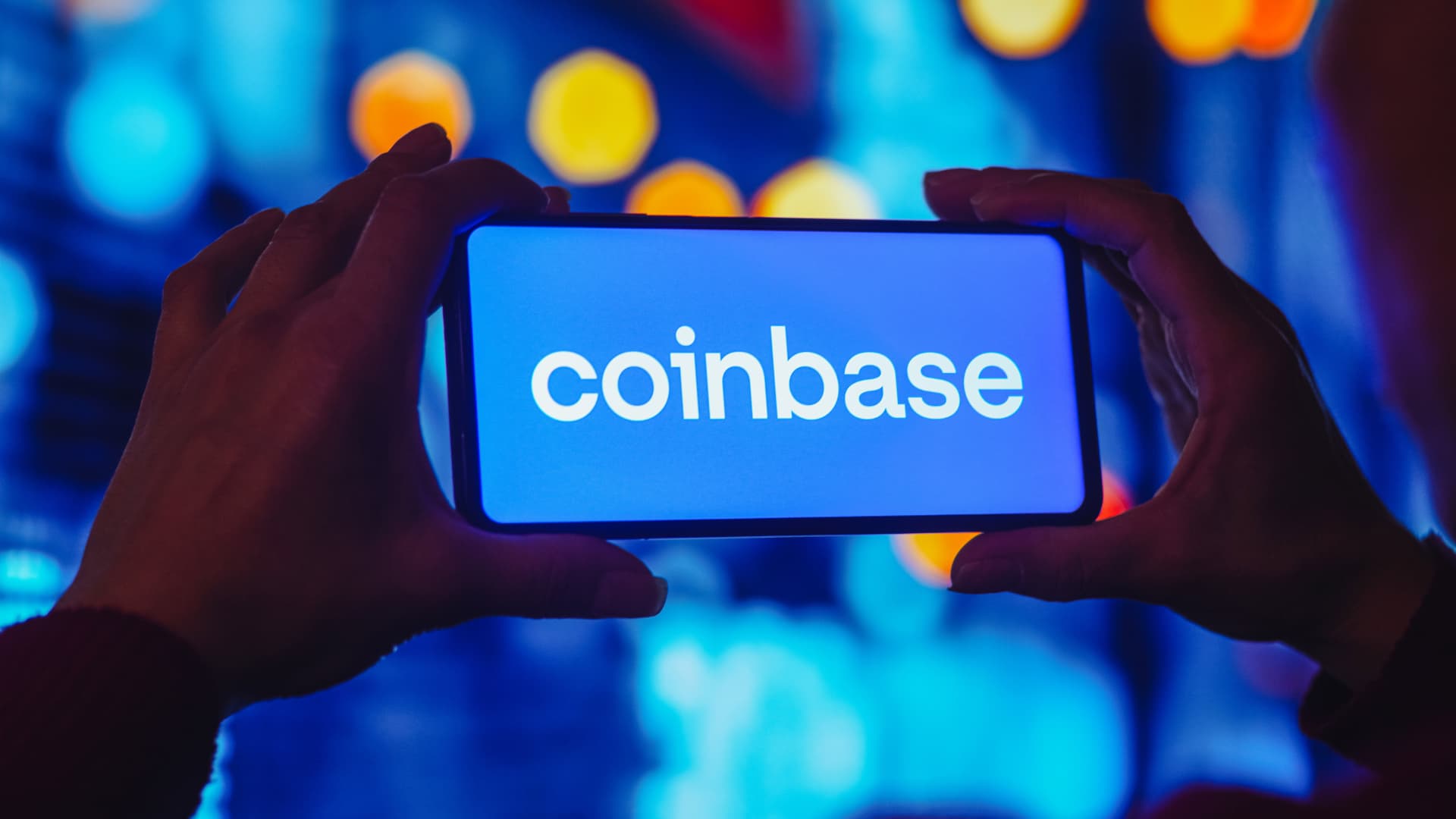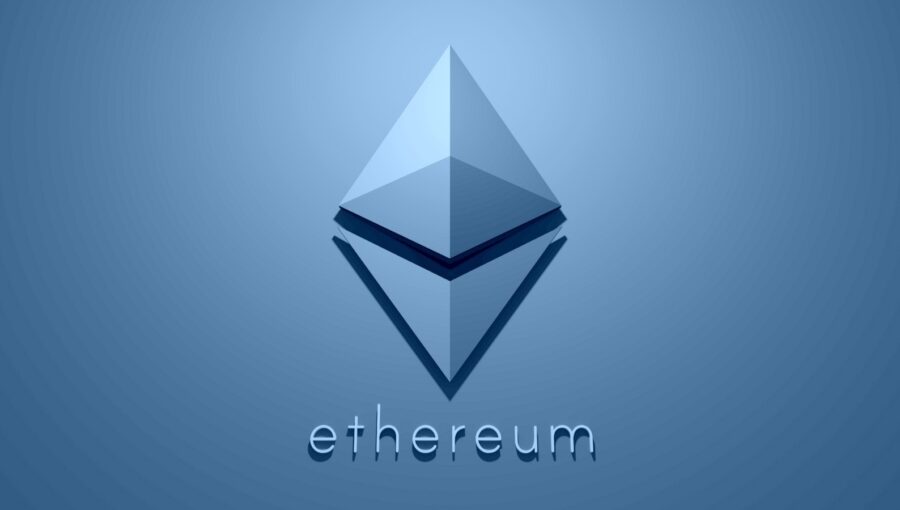|
Getting your Trinity Audio player ready...
|
Coinbase, a major cryptocurrency exchange, has announced its decision to delist Wrapped Bitcoin (wBTC) from its platform. The exchange cited its “listing standards” as the reason for the removal. wBTC is an Ethereum-based token that represents Bitcoin, allowing it to be used on various decentralized finance (DeFi) platforms.
We regularly monitor the assets on our exchange to ensure they meet our listing standards. Based on our most recent review, Coinbase will suspend trading for wBTC (wBTC) on December 19, 2024, on or around 12pm ET.
— Coinbase Assets 🛡️ (@CoinbaseAssets) November 19, 2024
This move comes shortly after Coinbase unveiled its own wrapped Bitcoin product, cbBTC, which operates on the Base blockchain. The timing of the delisting has sparked speculation about a potential conflict of interest, as Coinbase now has its own competing product.
The delisting of wBTC also coincides with recent controversies surrounding BitGo, the issuer of wBTC. BitGo has faced criticism for its partnership with BiT Global, a custodian partially owned by Justin Sun, a controversial figure in the crypto industry. Many in the community have expressed concerns about the potential risks associated with Sun’s involvement.
BitGo CEO Mike Belshe has defended the partnership, arguing that Sun has minimal operational control over BiT Global and that the keys to the wBTC reserves are securely split between multiple parties. Belshe has also criticized Coinbase’s cbBTC, claiming it is too centralized and poses a threat to the decentralized nature of DeFi.
The delisting of wBTC raises questions about the future of wrapped Bitcoin on Coinbase and the broader implications for the DeFi ecosystem. While Coinbase has its own solution with cbBTC, it remains to be seen whether the community will embrace a centralized approach to wrapped Bitcoin or prefer a more decentralized alternative.
Disclaimer: The information in this article is for general purposes only and does not constitute financial advice. The author’s views are personal and may not reflect the views of Chain Affairs. Before making any investment decisions, you should always conduct your own research. Chain Affairs is not responsible for any financial losses.
I’m a crypto enthusiast with a background in finance. I’m fascinated by the potential of crypto to disrupt traditional financial systems. I’m always on the lookout for new and innovative projects in the space. I believe that crypto has the potential to create a more equitable and inclusive financial system.




